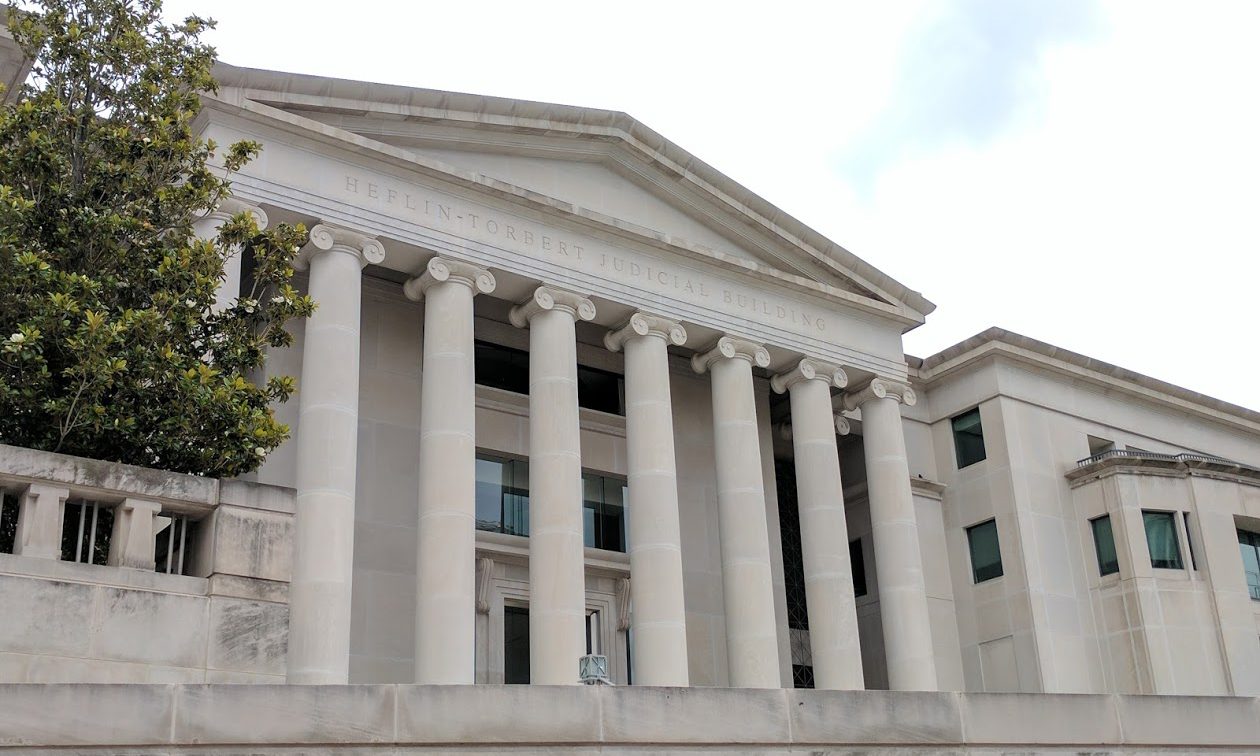Alabama judicial ethics may soon have new standards that will broaden First Amendment protections for judges after a lawsuit between state Supreme Court Justice Tom Parker and the Judicial Inquiry Commission reached a settlement on Thursday.
Initially, the JIC investigated Parker over comments he made on a radio show following the 2015 Supreme Court ruling that said state same-sex marriage bans–like the one Alabama had–were unconstitutional.
After the decision, Parker took to a conservative radio show to express his displeasure with the ruling.
“I doubt that it would be a blanket defiance of all jurisdiction of the U.S. Supreme Court, but in regard to the Obergefell decision, where it was clear that they jumped outside all the precedents in order to impose their will on this country, that yes, resisting that decision could maybe state a revival of what we need in this country to return to our founding principles,” Parker said according to court documents.
Those comments were heard by the Southern Poverty Law Center, who filed an ethics complaint against Parker with the Judicial Inquiry Commission.
The SPLC, who also filed a complaint against Chief Justice Roy Moore earlier in the year, said Parker was using his position as a judge to undermine the authority of the U.S. Supreme Court.
After the investigation, Parker sued the JIC over the judicial cannon used to initially file a complaint against him.
At the center of the debate was the question of if Alabama’s Judicial Canon’s could preclude a judge from making comments on current events. The one Canon that came under question was Canon A(6), which says judges should restrain from making public comments on pending issues.
Last year in March, the Liberty Counsel agreed to represent Parker in the suit and joined Parked in suing the JIC over Canon A(6) that it said violated the First Amendment.
“Justice Parker is challenging the rules governing the Alabama judges which have been abandoned in every other state and have been labeled ‘unconstitutional’ by the American Bar Association,” the group argued at the time. “These rules have chilled speech to such a great extent that it seeks to completely silence Alabama judges in any public setting.”
The lawsuit showed a sign of coming to a close after the U.S. District Court filed a preliminary injunction that freed judges to temporarily be allowed to make comments on pending cases under certain circumstances. The settlement between Parker and the JIC would make that injunction a permanent one.
On Thursday, the Liberty Council celebrated their win which they say is a “Free Speech Victory.”
“This is an important victory for free speech, not just for Justice Tom Parker, but for all judges,” Mat Staver, founder of the Liberty Counsel, said. “This is also a victory for the public because they have a right to hear what judges want to say about important issues, especially during elections. Judges must also be free to speak about past cases when teaching law students in the classroom.”
The settlement will still need to be approved by the Federal Judge presiding over the case.













































